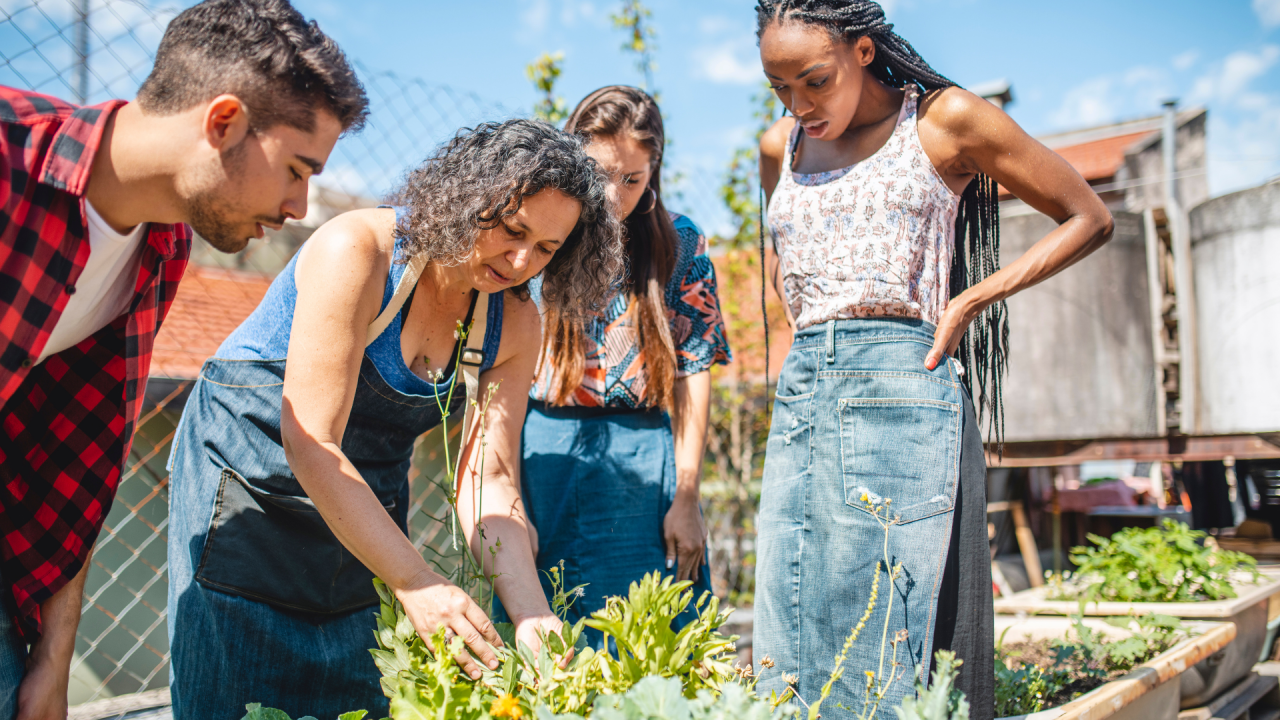
Learning Through Doing: Students Engaging with the Community - World Youth Skills Day 2022
Learning Through Doing: Students Engaging with the Community - World Youth Skills Day 2022 #WYSD
Since 2014, Campus Engage has been celebrating the strategic importance of equipping young people with the skills they need to thrive in work, entrepreneurship, and life. Our current challenges are complex and play out on a world scale, particularly as we look toward mitigating climate change and responding to sustainability issues. Addressing these challenges requires collective, intergenerational action, but to also nurture the key skills and mindsets among young people to provide a strong and hopeful response to these issues.
As the recovery from COVID-19 continues ahead, youth skills acquire greater importance, and the Irish Higher Education sector is at the vanguard of inculcating and developing those skills. All of this is in line with the UN Sustainable Development Goals (SDGs), in particular Goal 4 (“ensure inclusive and equitable quality education and promote lifelong learning opportunities for all”) and Goal 17 (“strengthen the means of implementation and revitalize the global partnership for sustainable development”).
One way in which Irish higher education institutions (HEIs) are supporting youth skills is through the adoption of community-engaged learning (CEL) as a teaching practice. At university level, it is increasingly important to provide students with a multifaceted education. Students are given the opportunity to develop high-level skills – not only academic, specialist and technical skills specific to their chosen field, but also important transversal skills such as critical thinking and analysis, verbal and written communication, numeracy and digital literacy. On one hand, there is a clear need to study the theory which forms the basis for the way we understand each specific discipline and on the other there is the need to learn how to apply that theory in the real world.
Community engaged learning is a pedagogy that promotes the practice of working with diverse stakeholders and establishes the right conditions for addressing objectives listed within the 17 SDGs. Under this paradigm, students, teachers, and community organisations work together to improve people’s lives on the ground. They do so by creating teaching modules that double as volunteer projects, bringing the university world into collaboration with the broader civil society.
We here at the IUA have featured a number of these projects on our Campus Engage Student and Community Partnerships page. They range from occupational therapy students in Galway creating a build-a-box programme to mitigate the negative impact of COVID lockdowns in elderly members of the community, to masters’ students in applied psychology working with migrant women in Cork to create pathways for integration. We have also trained more than 50 academics to integrate CEL into their teaching through a Digital Badge in partnership with the National Forum for Teaching and Learning, which just finished its second course.
When university students get involved at their local level in this way, they not only develop their own skills, they develop their community as a whole. The National Strategy on Education for Sustainable Development provided the framework for the contribution of the education sector to community-level sustainability, and CEL is one of the ways our sector is implementing it. Similarly, the five pillars of Impact 2030 call on us to apply research and innovation to our economy, society, and the environment, which CEL is committed to doing.
Returning to the SDGs, it is obvious how CEL facilitates Goal 4 (as described above), but we wanted to expand on how it addresses Goal 17. This Goal is a standalone goal which focuses on partnership, highlighting the integral role of collaborative approaches and how responding to societal challenges involves working with external stakeholders. Community Engaged Learning can support the development of partnerships founded on mutual trust and encourages shared problem solving and thus supports SDG goal 17 as well as addressing other SDG targets.
The UN SDGs are a call to action by the UN and provide a blueprint for a sustainable future for all of society. The UN’s transformative vision calls for a just, equitable, tolerant, open, and socially inclusive world in which the needs of the most vulnerable are met and no one is left behind. Education is a catalyst for the enactment of the SDGs and there is a moral imperative for Higher Education to support the achievement of these goals.
Whatever direction our graduates take, whatever career path they follow, an engaged education undoubtedly makes them better equipped for life and better informed to contribute to tackling our current and future societal challenges.
Written by:
Dr Catherine O'Mahony, Director of the Centre for the Integration of Research, Teaching and Learning, University College Cork
Conor Anderson, Campus Engage Officer